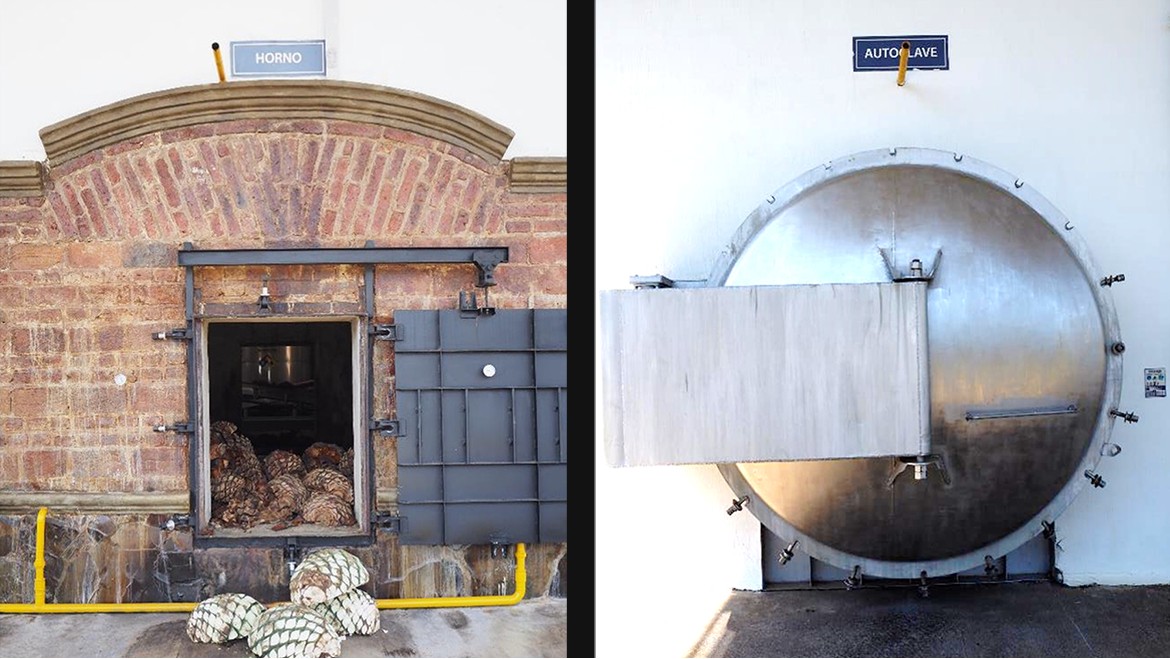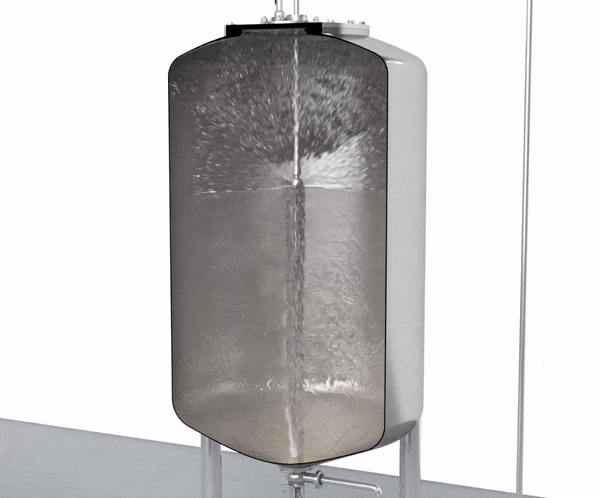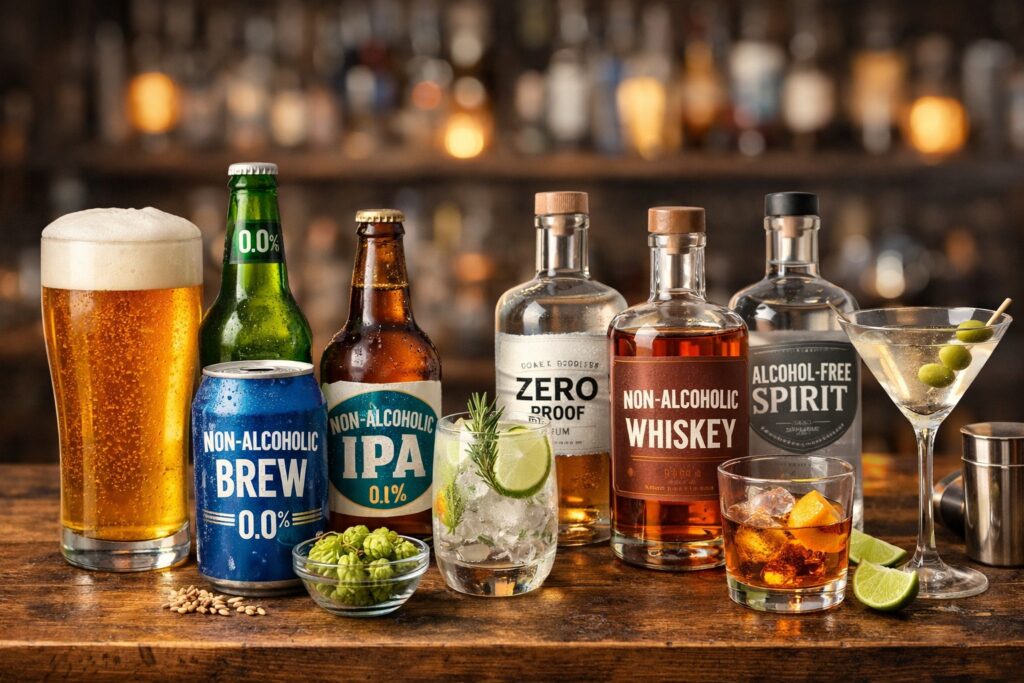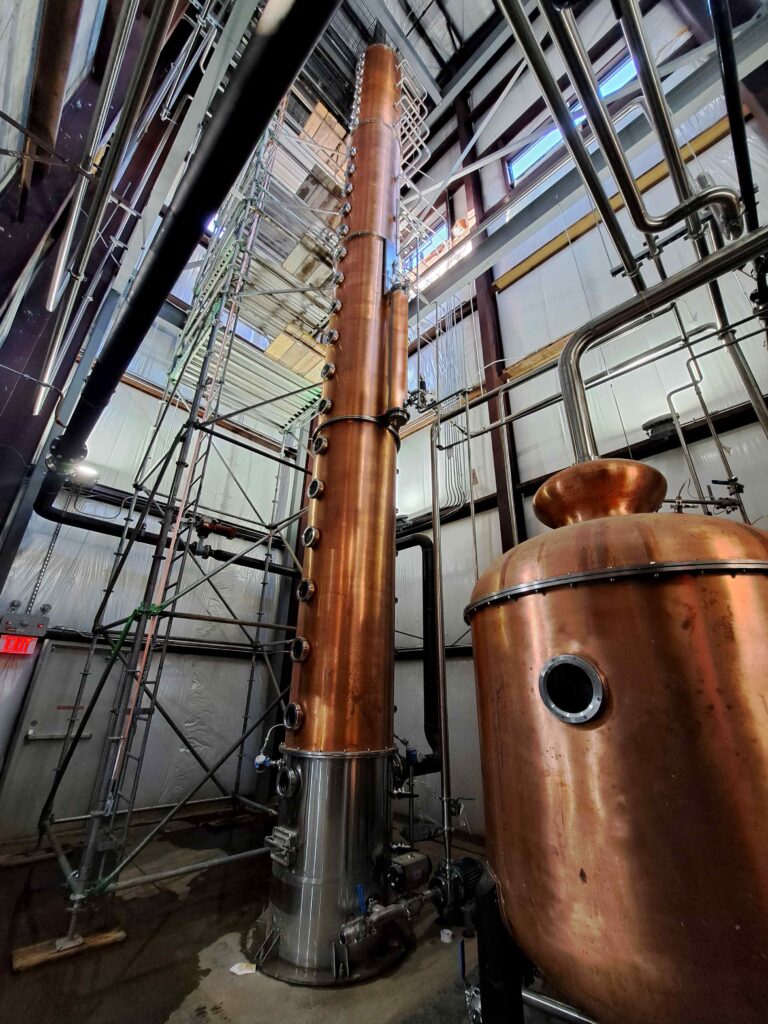From field to fermenter, the way agave is cooked has a major influence on the flavor, yield, and efficiency of tequila and mezcal production. Modern distilleries are increasingly turning to engineered, high-pressure cookers to replace traditional pit or brick oven methods. These advanced systems combine the authenticity of traditional cooking with the precision and efficiency demanded by commercial-scale production.
Cooking Agave in Tequila and Mezcal Production
Before agave can be fermented and distilled, its complex carbohydrates must be converted into fermentable sugars. This process—known as cooking or hydrolysis—has long been achieved through slow roasting in stone ovens or earthen pits. While traditional methods produce distinctive flavor characteristics, they are time-consuming, labor-intensive, and often inconsistent in temperature distribution.
Modern distilleries seeking to balance tradition with scalability have embraced autoclaves and high-pressure cookers as a reliable, repeatable solution for agave preparation.
Traditional Methods vs. Modern High-Pressure Cookers
Traditional agave roasting can take 24 to 72 hours, depending on the oven type and batch size. By contrast, a high-pressure agave cooker (or autoclave) dramatically reduces cooking time to as little as 6 to 12 hours, while ensuring uniform heat transfer throughout the load.
Where traditional ovens rely on indirect steam and manual venting, modern autoclaves use precisely controlled temperature and pressure cycles to achieve consistent caramelization and sugar conversion. This not only enhances process efficiency but also provides greater control over flavor development—key to maintaining quality standards in premium spirits.
Design Considerations for Agave Cooker Systems
Designing an effective agave cooker requires careful engineering to meet the demands of both safety and performance. Key design considerations include:
- Pressure Rating: High-pressure cookers are typically designed for operating pressures between 15 and 45 psi, allowing for controlled steam penetration and faster heat transfer.
- Material Selection: 316L stainless steel is preferred for its superior corrosion resistance against the acidic environment created during agave hydrolysis. Heavy-duty construction ensures long service life under repeated heating and cooling cycles.
- Safety and Control: Modern systems integrate pressure relief valves, automated venting, and digital temperature controls. These features maintain consistent cooking conditions while ensuring operator safety and compliance with pressure vessel standards.
- Loading and Sealing: Hydraulic or mechanical door closures, along with robust gaskets, ensure a tight seal under pressure—preventing steam loss and maintaining energy efficiency.
Process Benefits: Time, Yield, and Consistency
Switching from traditional ovens to a high-pressure agave cooker delivers measurable advantages:
- Reduced Processing Time – Faster cooking cycles increase throughput and lower operating costs.
- Higher Extraction Yields – More uniform cooking allows for complete sugar conversion and efficient juice extraction.
- Improved Consistency – Automated control systems deliver repeatable results batch after batch.
- Energy Efficiency – Optimized steam utilization reduces fuel consumption and waste.
For producers scaling operations or seeking to modernize aging facilities, these advantages can translate into greater production capacity without compromising quality or authenticity.
Conclusion: Specific’s Expertise in Autoclave Design
At Specific, we design and manufacture custom high-pressure cookers and autoclaves engineered for agave processing and distillery applications. Our systems combine advanced pressure vessel design, automated control integration, and hygienic stainless-steel fabrication—ensuring reliable, efficient, and high-quality results for every batch.
Whether producing artisanal mezcal or large-scale tequila, our engineered equipment supports the consistent, sustainable processing of one of the world’s most iconic spirits.




